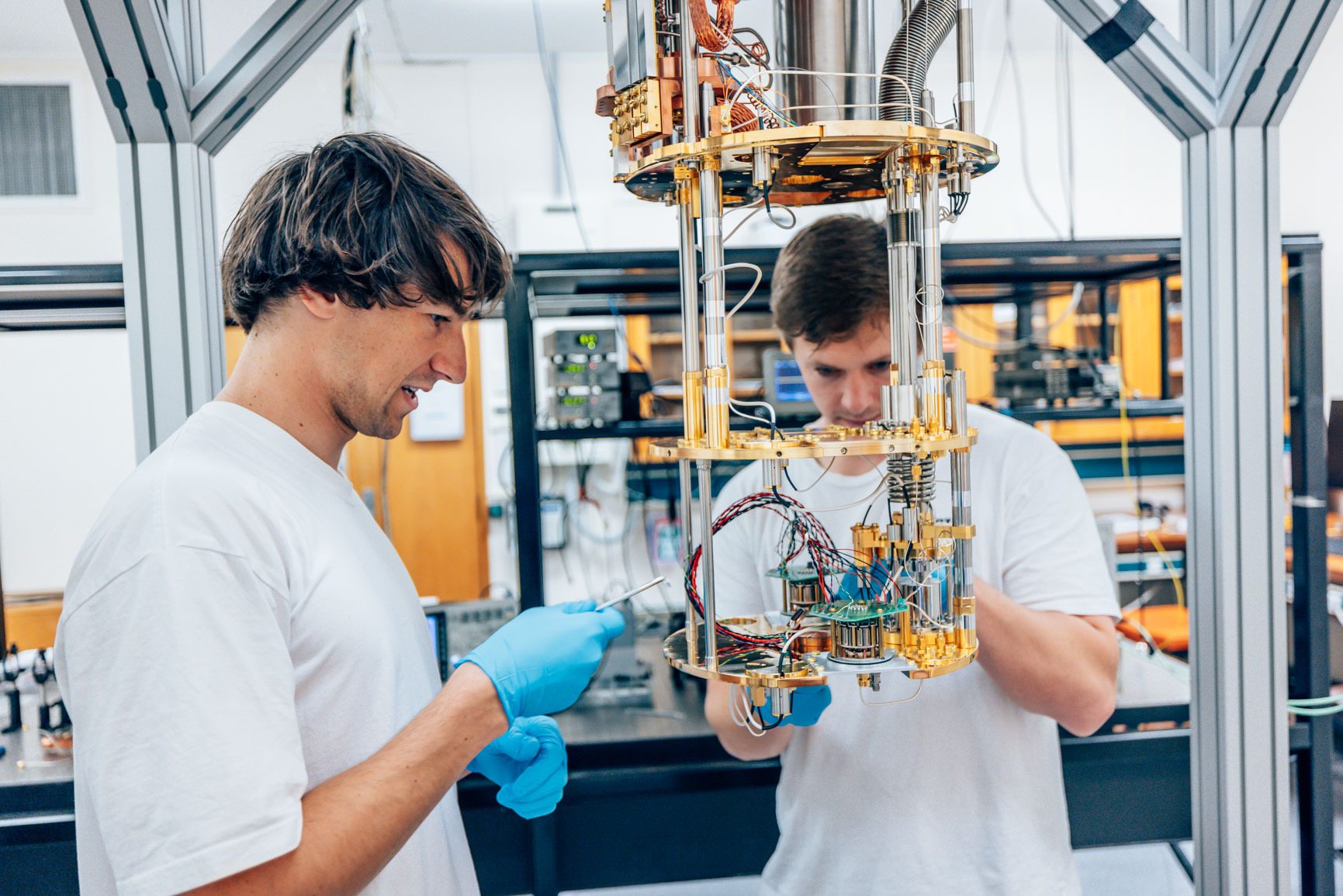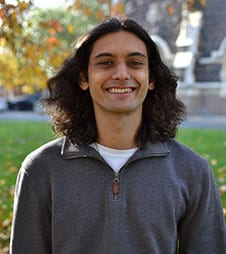Nico Hackner was drawn to how Dunedin is a student-centric city. It was also a sort of tradition for his family; Hackner’s mother and sister went to the University of Otago, and his brother is currently a student here too. It was a last-minute decision to study physics, but it proved fruitful. “I was always reasonably good at maths and physics and stuff, but I hadn't really decided on what I wanted to do,” he says. “I realised in between studying for other things I was procrastinating by doing physics, so I thought that was a pretty good indication.”
Hackner would go on to complete both bachelor’s and master’s degrees here — and made lots of friends and important connections along the way. “By the time you sort of get into your later years, like, you kind of know everyone, and you become a part of the wider department,” he says. “Not just the teaching faculty, but other researchers pursuing postdoctoral studies.”
Awarded the prestigious Fulbright Science and Innovation Graduate Award, Hackner is now a PhD in Physics candidate at the University of Illinois Urbana-Champaign, ranked among the top physics departments in the US. He credits the great references from his lecturers for helping him win the award. The University of Otago also has an advisor for this particular scholarship to coach students through the interview stage.
“New Zealand's a tiny place, so it is really easy to come out thinking that you don't know enough to compete on the international scale,” he says. “But I mean, getting here, I'm basically in one of the top universities in the US for what I do. So it's been honestly great, and I've had really good opportunities to do topical research that prepared me for some of the more advanced research stuff that I'm gonna be doing here.”


Copyright © 2023 Study International, official representative of University of Otago, Department of Physics

